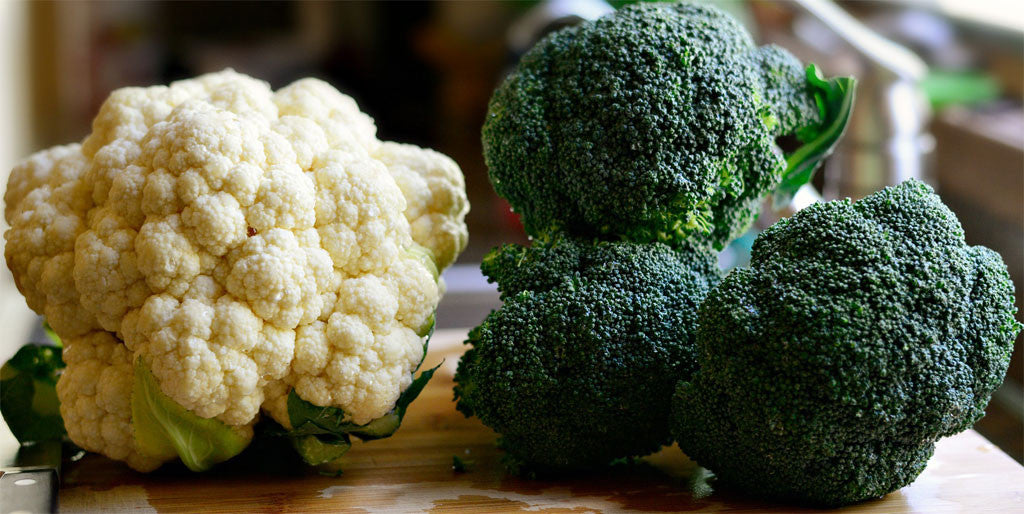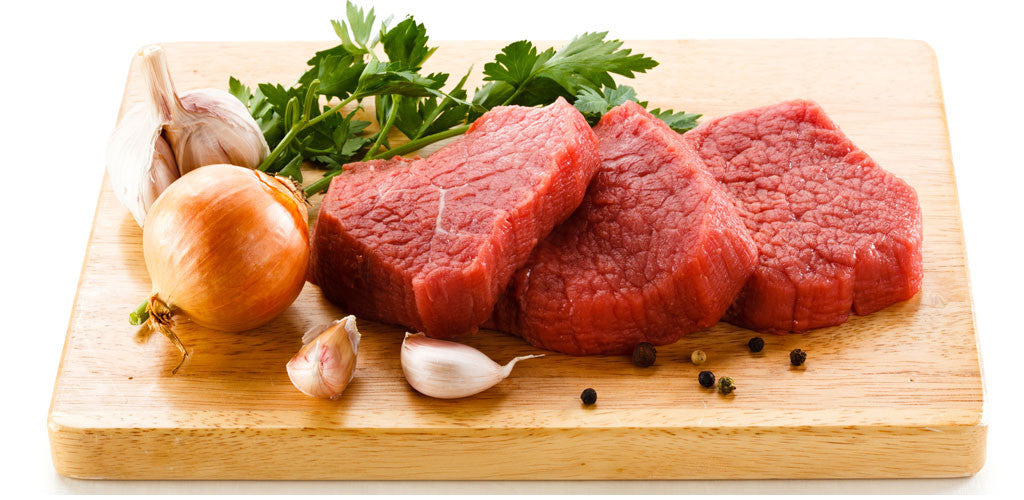- All posts
- Alopecia
- Anti-Inflammatory
- Antioxidant
- Appetite Suppressant
- Balance Hormones
- bing eating help
- Boosts Energy
- Boosts Immunity
- Calming
- carb blocker
- Cissus Quadrangularis
- Control Blood Sugar
- craving blocker
- EMPOWER
- Endurance
- energy
- Fat Burner Ingredients
- FORTIFY
- Gut Health
- Hair and Nails Support
- Hair Loss
- Heart Support
- IGNITE
- Immune Support
- Improve Blood Flow
- Improve Memory
- Improve Stress
- Improves Focus
- Insulin Resistence
- Liver Health
- Lung Support
- Metabolic Support
- Mood Enhancer
- Optimize
- Remove Toxins
- Sleep Aid
- sugar blocker
- Thyroid
- Transformation Program
- Weight Loss

Co-Q10 – Found in every cell of our body, CoQ10 is used to convert food into energy your body needs for cell growth and maintenance. This is due to its role in the creation of adenosine triphosate ...
Manganese – A naturally occurring nutrient found in various plants and foods such as raspberries, beetroot, garlic, leeks, bananas, coconut, and almonds, manganese is crucial for bone health and th...
Selenium - Selenium, discovered in the 1950’s to be nutritionally essential, plays a critical role in numerous processes regarding oxidative protection, immunity, cardiovascular health, and brain ...
Zinc – An essential nutrient required for everyday functions and optimal health – over 300 different enzymes within the human body require zinc to function normally. It ensures the proper functioni...

Resveratrol is Classified as a polyphenol, a compound that acts like an antioxidant and found primarily in the skin of red grapes/red wine, resveratrol’s anti-inflammatory and protective benefits m...

Acetyl L-Carnitine is an amino acid that the body uses to turn fat into energy, Acetyl L-Carnotine may improve the ability of certain issues to produce energy – particularly in the brain. A natural...
